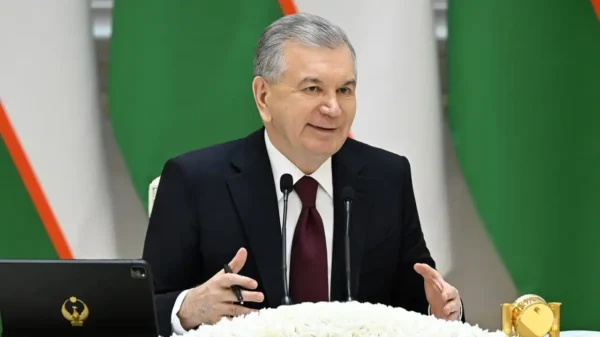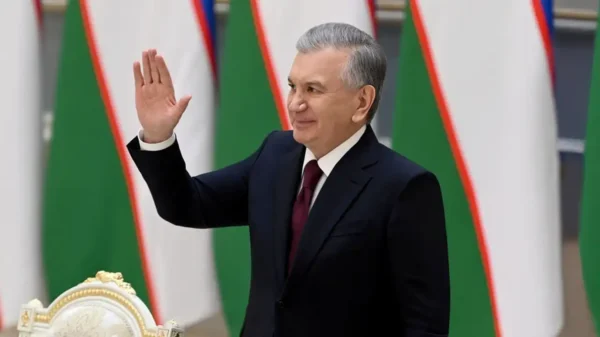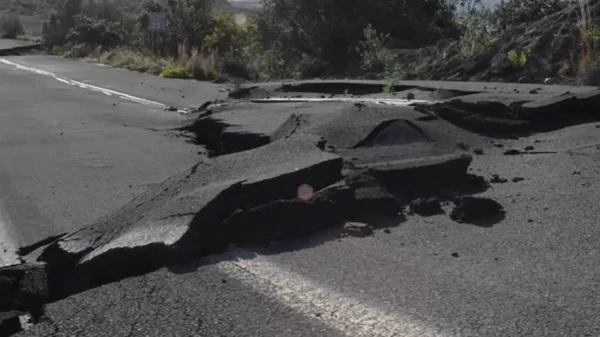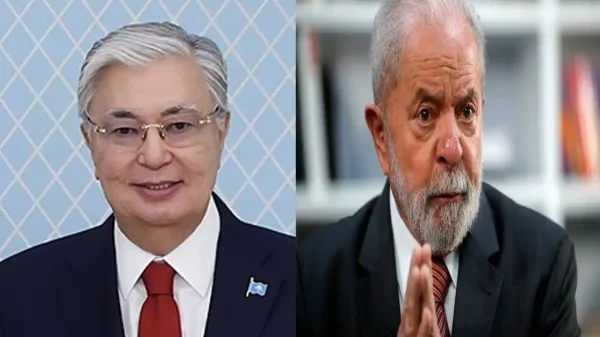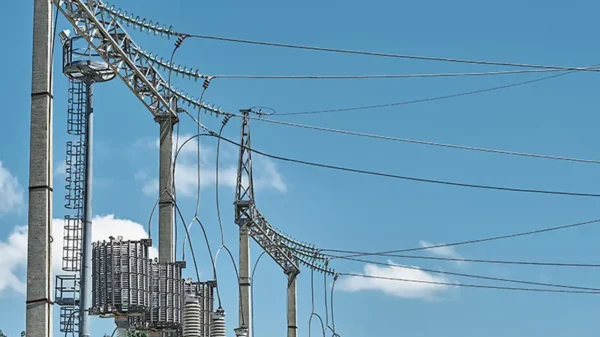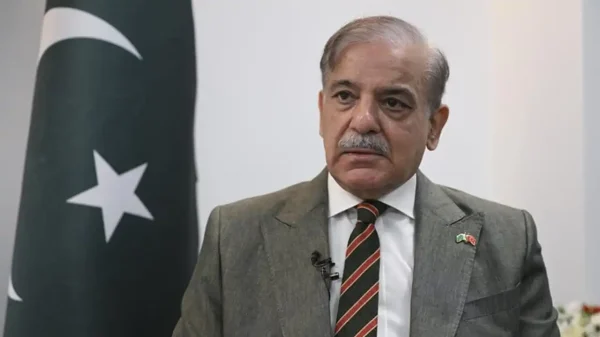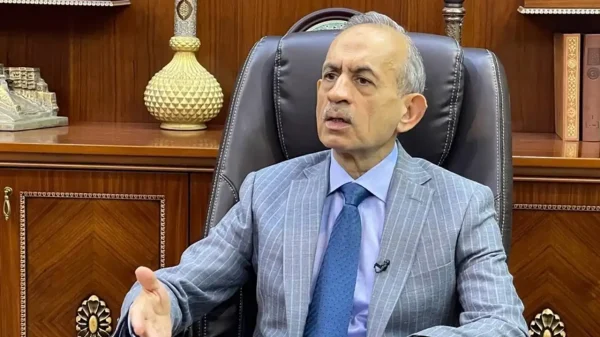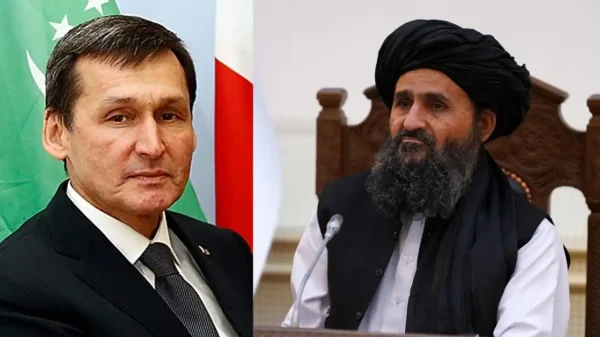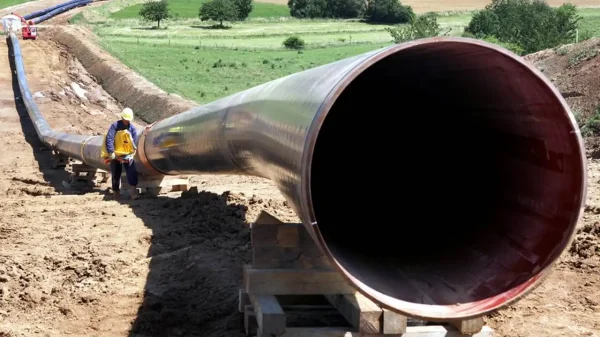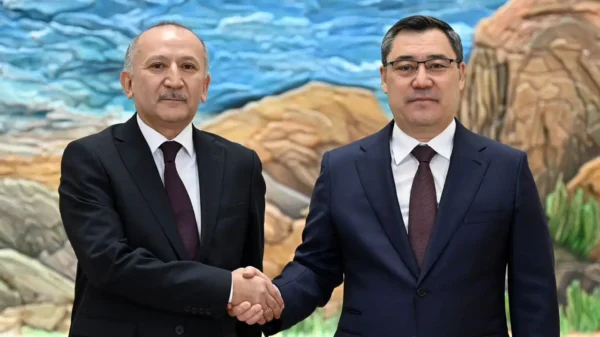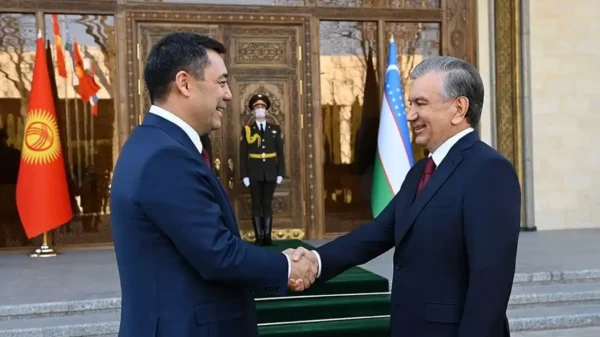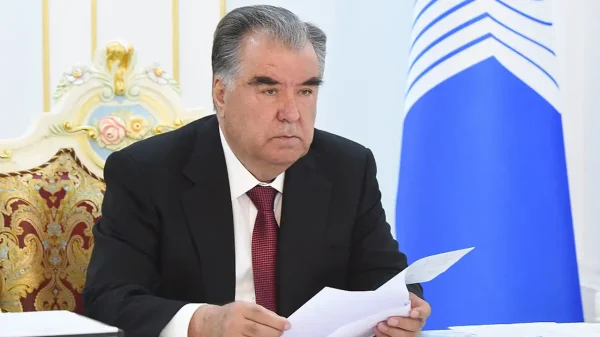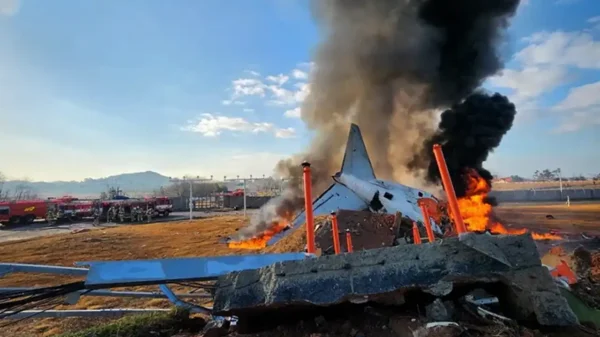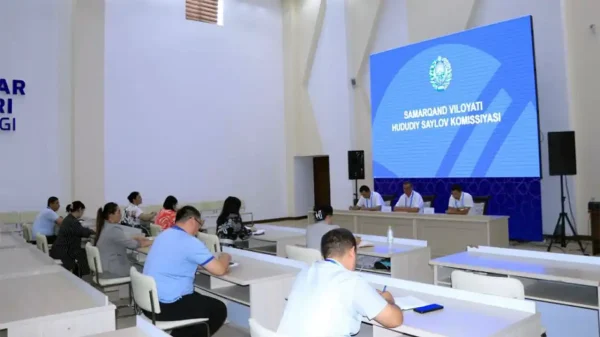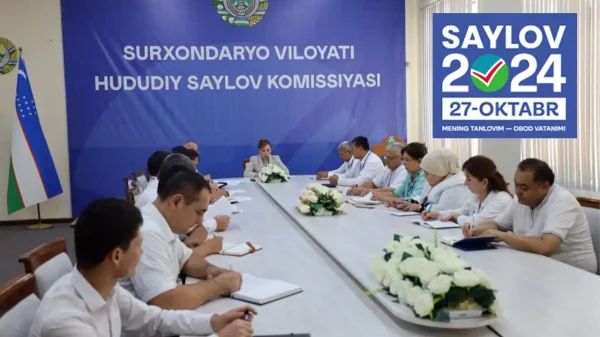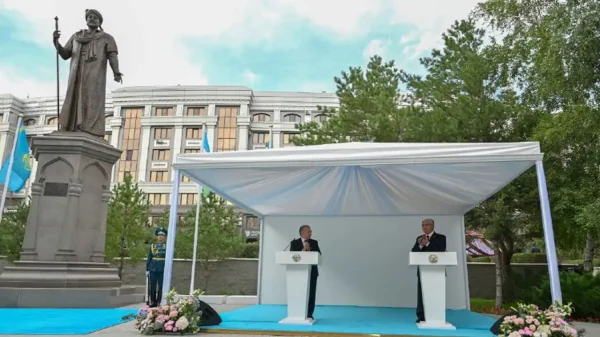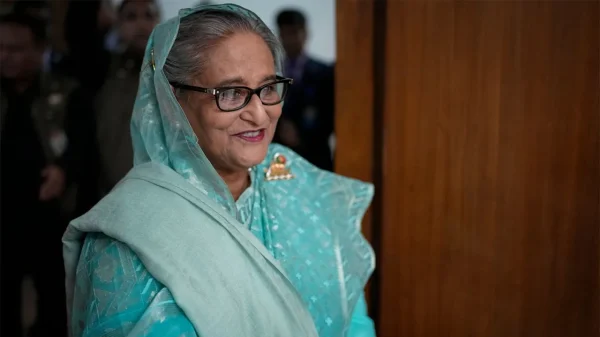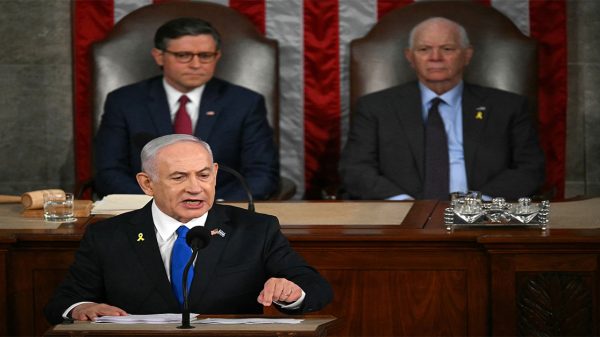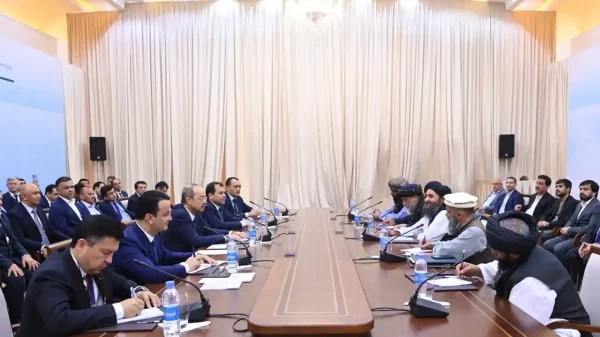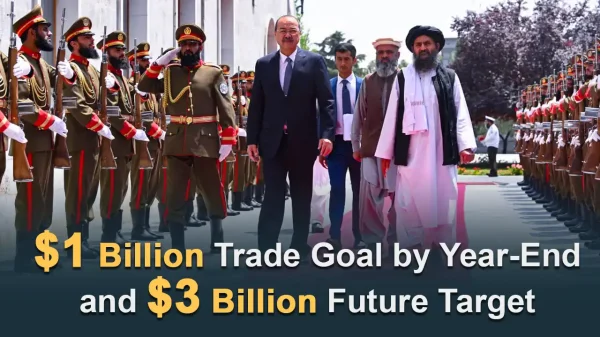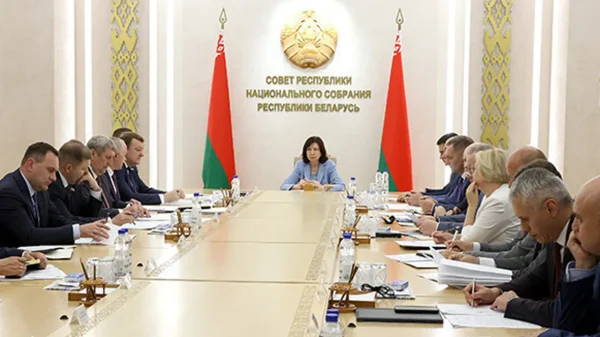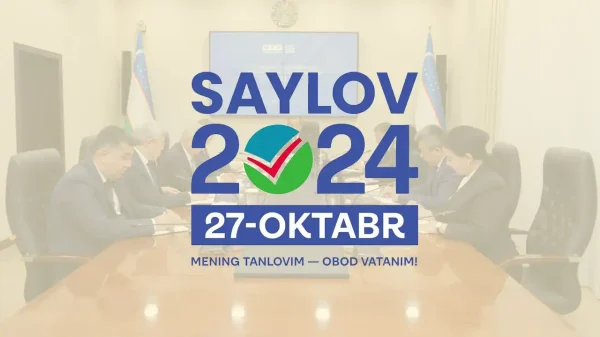Kyrgyzstan has emerged as a significant hub for mineral resources, boasting over 5,000 deposits of valuable elements, including gold, rare earth metals, uranium, and thorium. Deputy Minister of Natural Resources, Narynbek Satybaldiev, emphasized the nation’s vast untapped potential during a recent briefing.
Gold Reserves and Potential
Official data confirms that Kyrgyzstan holds approximately 1,000 tons of gold reserves. However, geologists estimate the country’s total potential to exceed 4,000 tons, making it a critical player in the global gold market. Many of these deposits are polymetallic, containing valuable elements like antimony, copper, and zinc alongside gold.
Lifting the Moratorium: A New Beginning
A major milestone in Kyrgyzstan’s mining sector occurred in June 2024 when the government lifted a five-year moratorium on uranium and thorium deposit development. This move opens up new opportunities for resource extraction, balancing environmental safety with economic growth.
The lifting of restrictions also aligns with the nation’s broader goal to maximize its mineral wealth. Gold and rare earth metals have been identified as strategically significant for both the global economy and Kyrgyzstan’s aspirations to advance green technologies and high-tech industries.
Comprehensive Strategy for Resource Development
The Kyrgyz government is crafting a long-term strategy to unlock the full potential of its mineral reserves. Key focus areas include:
- Exploration: Identifying untapped reserves of gold and other critical metals.
- Mining Initiatives: Streamlining mining operations to boost output.
- Processing Facilities: Enhancing local processing capabilities for value addition.
Rare earth metals, essential for producing advanced technology and renewable energy equipment, are at the center of these plans.
Economic Impacts
The implementation of this strategy is expected to:
- Boost Revenues: Increased mining and exports of gold and rare earth metals will strengthen national income.
- Attract Investment: Policy changes are likely to draw significant foreign direct investment.
- Create Jobs: Expanded mining operations will lead to job creation across the country.
Balancing Growth and Environmental Concerns
While the government prioritizes economic independence and revenue growth, it remains committed to ensuring sustainable and environmentally safe mining practices.
Global Implications
With confirmed reserves and untapped potential, Kyrgyzstan is positioning itself as a key supplier of gold and rare earth metals, resources critical to the global shift towards green energy and high-tech manufacturing.
By strategically managing its mineral wealth, Kyrgyzstan is set to strengthen its economic independence while making a significant contribution to the global economy. This marks the beginning of a new era for Kyrgyzstan’s mining sector.



